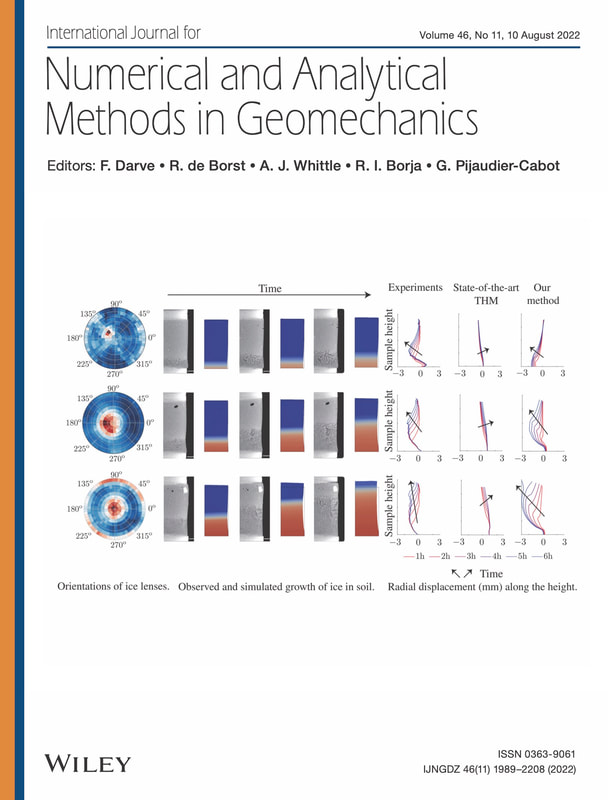|
When predicting plastic responses of complex microstructures, we often propose mechanisms to explain the physics of the yielding, then propose mathematical expressions to recapture what we describe in words, then propose algorithms to generate the constitutive updates. However, what if the materials are so complex that we cannot easily find a single equation to express them precisely? What if our symbolic regression skill is not sufficient to recover the surface to which those data points belong? The yield function or damage criterion of a material is a common example where our abilities to compose equations precisely and accurately are often put to test. A yield function may take many different types of variables (stress invariants, strain, sometimes also other descriptors such as volume fraction). A simple solution we proposed is to not propose the yield surface as a function in the parametric space but directly regard it as a manifold. In this work (first author = Mian Xiao), Mian and I explore the use of geometric prior to generating the yielding manifold based on point cloud data obtained from direct numerical simulations or experiments. By modifying the geometric approach by Williams, et al. CVPR 2019 to incorporate plastic flow information to regularize the yield surface, we have successfully recovered a highly complex yield surface through the construction of a collection of coordinate charts and the atlas, a task that is difficult to complete via training a single neural network. Meanwhile, we also show that the availability of local patches also enables us to overcome the longstanding slow convergence issue commonly exhibited in classical non-smooth plasticity models and leads to a very robust reconstruction of yield surface even with noisy data. Preprint available via ResearchGate. [PDF]
0 Comments
Link to open-access article: https://onlinelibrary.wiley.com/doi/full/10.1002/nag.3380
Link to the cover: https://onlinelibrary.wiley.com/doi/10.1002/nag.3429 |
Group NewsNews about Computational Poromechanics lab at Columbia University. Categories
All
Archives
July 2023
|


 RSS Feed
RSS Feed